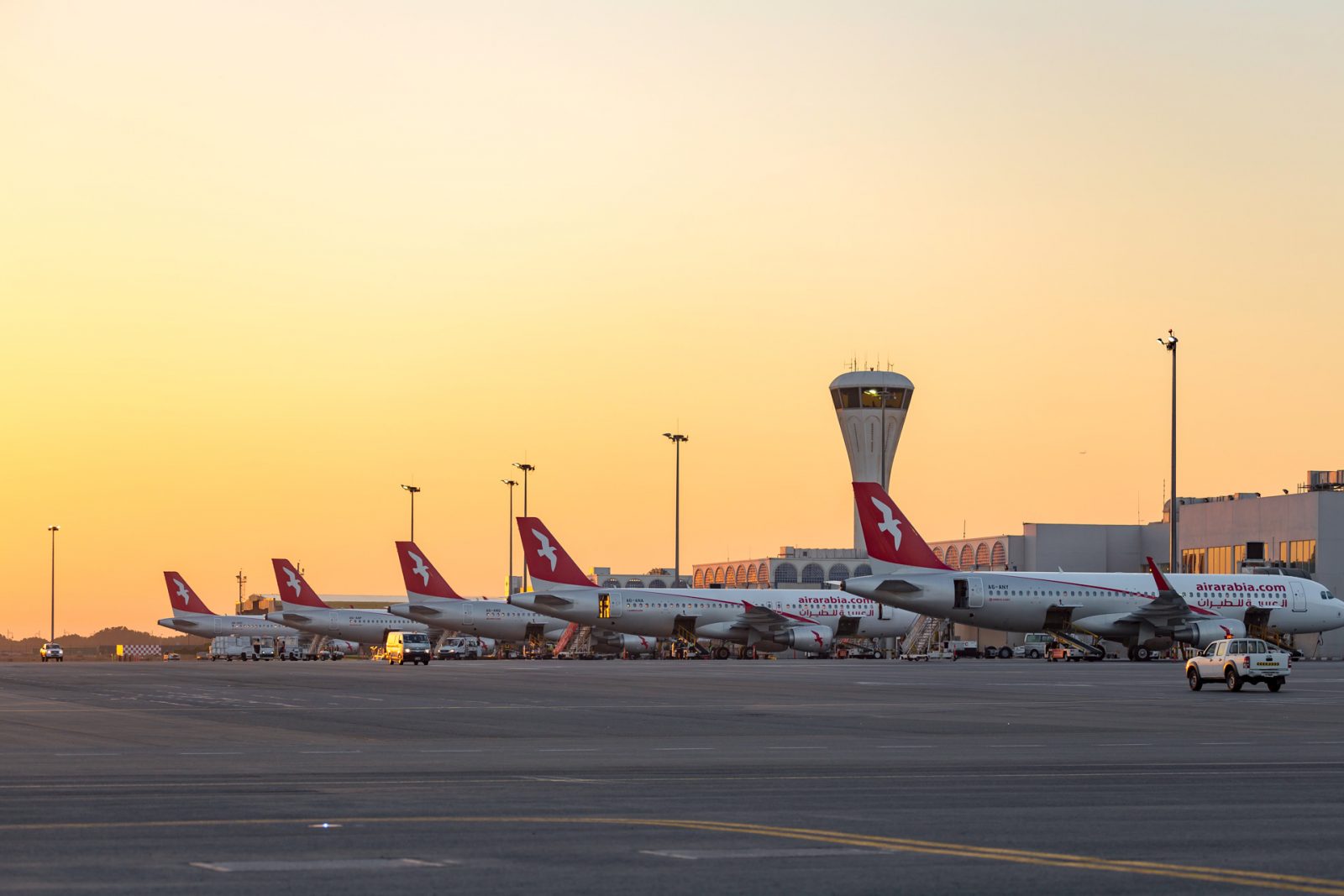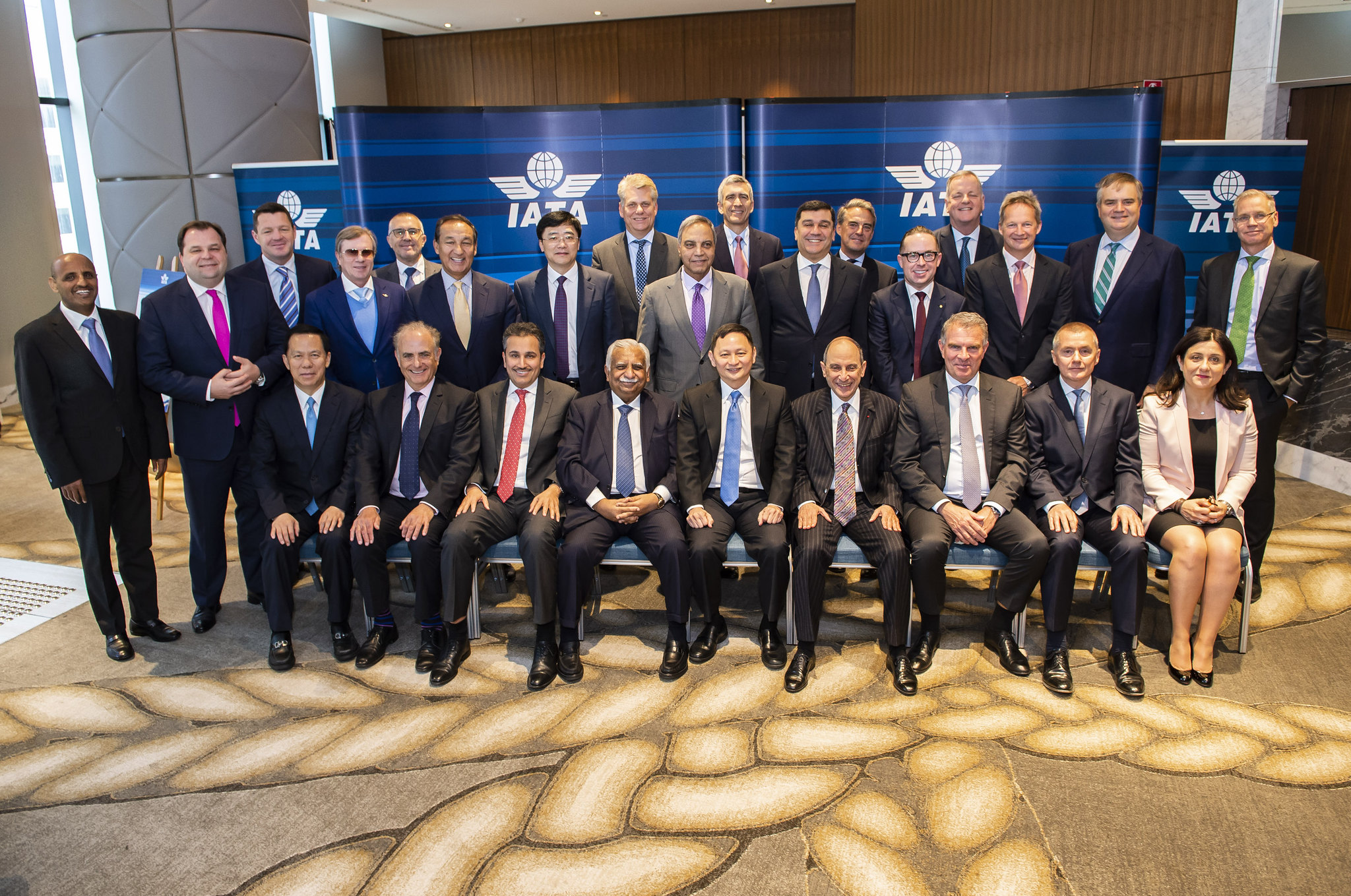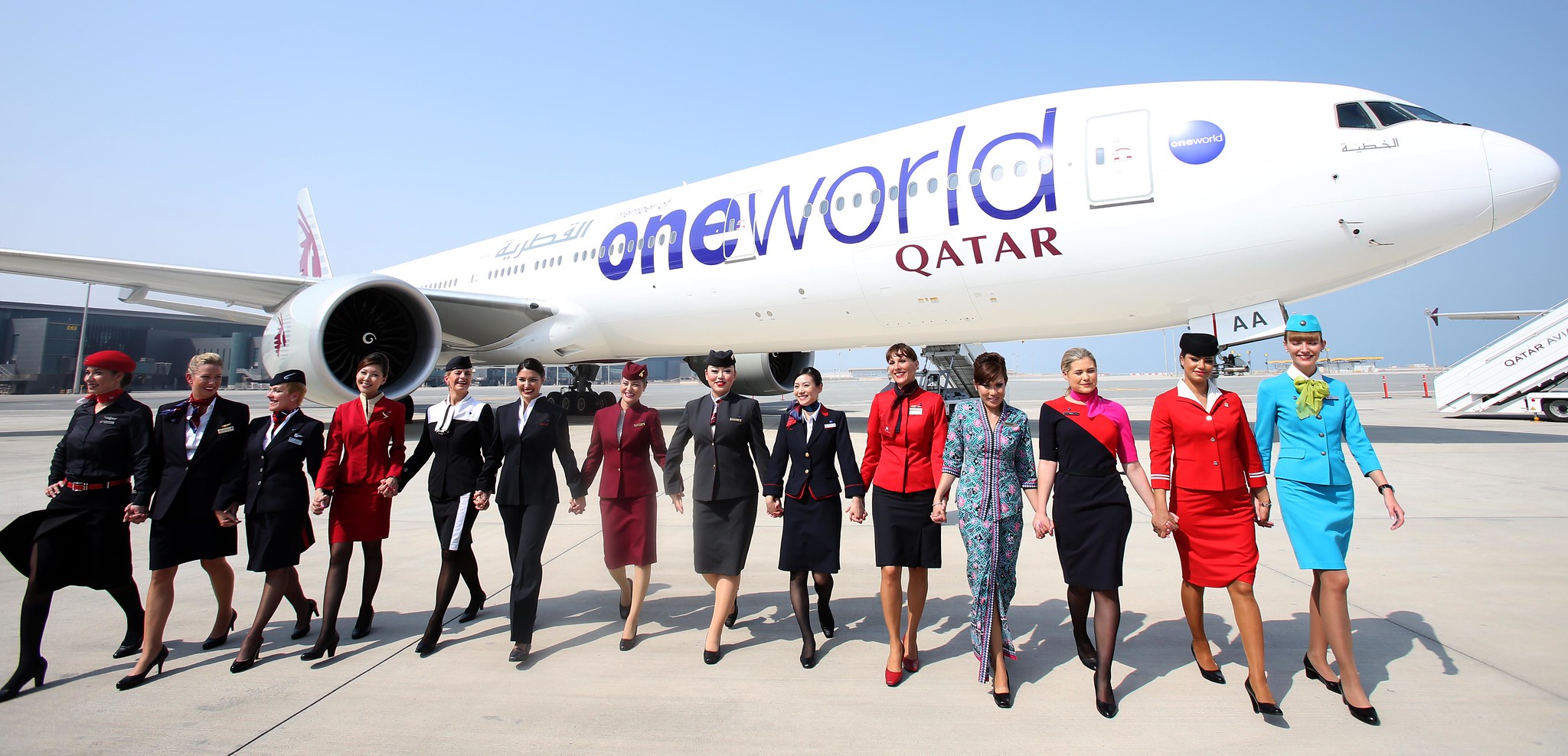
The absence of women at the 74th annual general meeting of aviation’s largest trade body last year was nothing less than stark. Airline delegates from around the world had gathered in Sydney, Australia to discuss the aviation industry’s most pressing issues – what they probably didn’t realise at the time was that gender diversity (or lack thereof) would become the hot topic of the meeting.
The International Air Transport Association (IATA), which represents some 290 airlines worldwide, promised to change and embarked on a mission to improve gender diversity across the aviation industry – especially in senior leadership positions where less than 3 per cent of roles are currently held by women.

But the situation is just as bad at an operational level. According to IATA’s own figures, only 5.18 per cent of pilots worldwide are women. We also know from gender pay gap figures that women are massively over-represented in low-paid aviation jobs – such as customer-facing ground-based jobs and cabin crew.
At the same time, there’s a dearth of women in so-called STEM careers (science, technology, engineering and mathematics). A number of airlines are trying to improve but change is painstakingly slow…
In an attempt to encourage change at a faster pace, IATA has launched several initiatives most recent of which is its 25by2025 campaign – an initiative to “advance gender diversity in the airline industry” by increasing the number of women in senior leadership roles by either 25 per cent compared to current levels or to a minimum of 25 per cent.
IATA also wants to increase the number of women in underrepresented roles – like flight crew and engineering – by the same level and would like to see airlines report key diversity figures annually.
But there’s a hitch – of IATA’s 290 airline members, the organisation can only so far name three participants in the 25by2025 programme. Or to put it another way, just 1% of IATA’s membership has so far publicly pledged their support to this important gender diversity campaign.

IATA says it will release the details of more participating airlines at its global media day which is slated to take place on December 11.
Of those three airlines that have pledged support, Qatar Airways – whose outspoken chief executive caused controversy and consternation by suggesting only men are capable of running an airline – is one. Akbar Al Baker, made the comments at IATA’s annual meeting last year in response to a question from a journalist about the lack of gender diversity in the aviation industry.
The airline reacted quickly to limit the damage from this latest PR disaster by its own CEO, with Baker issuing a statement that explained away his comments as a badly formed joke.
Since then, Qatar Airways has become the key sponsor of a diversity and inclusion awards programme created by IATA earlier this year. Unfortunately, that sentiment was lost when it was revealed the airline was still holding ‘female only’ recruitment events for cabin crew (although, these have now been banned – at least publicly).
It would appear, though, that other IATA airline members still haven’t received the memo. While many airlines have to abide by anti-discrimination employment laws in the country’s that they’re based, that’s not the case for some carriers. IATA has to hope these airlines will see the benefit of promoting gender equality… in every business area.

In the last couple of weeks, at least two IATA members have held ‘female only’ recruitment events for cabin crew. Air Arabia is still holding Open Day’s for females aged between 20 and 26 years old who are “cheerful”, have “clear skin” and a “positive attitude”.
Meanwhile, Malaysia Airlines recently held a cabin crew recruitment events which was only open to female applicants. In the past, Singapore Airlines has promoted its outdated “Singapore Girl” cabin crew image with “female only” cabin crew recruitment – although, this has only recently been stopped.
In Japan, discriminatory hiring practices have been blamed for the fact that only 1 per cent of cabin crew are currently male, while EVA Air only just started hiring male cabin crew for the first time in its history (and even then in limited numbers) following a strike by female flight attendants who wanted greater diversity.
The list of offending airlines could go on and on and the messaging it sends out is a simple but archaic one – women are best suited to lower-paid service orientated jobs.
But a spokesperson for IATA says that’s current initiatives aren’t designed to change cabin crew recruitment rules that are dripping in sexism.
“Diversity takes many forms and its benefits can be seen across businesses. The 25by2025 campaign is a voluntary pledge that individual airlines are making to address specifically the under-representation of women in senior and some specialized technical roles. Cabin crew is an area where women have been traditionally over-represented,” the spokesperson told us in an emailed statement.
“IATA has no comment on the commercial or recruiting decisions made by airlines in compliance with applicable labor laws.”
We reached out to both Air Arabia and Malaysia Airlines but neither airline responded to our request for comment.
Mateusz Maszczynski honed his skills as an international flight attendant at the most prominent airline in the Middle East and has been flying ever since... most recently for a well known European airline. Matt is passionate about the aviation industry and has become an expert in passenger experience and human-centric stories. Always keeping an ear close to the ground, Matt's industry insights, analysis and news coverage is frequently relied upon by some of the biggest names in journalism.







